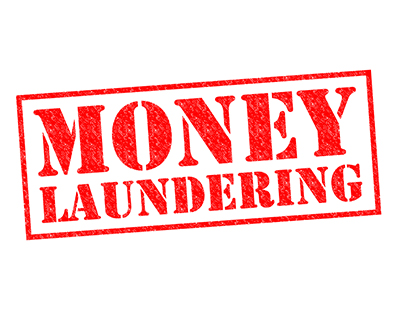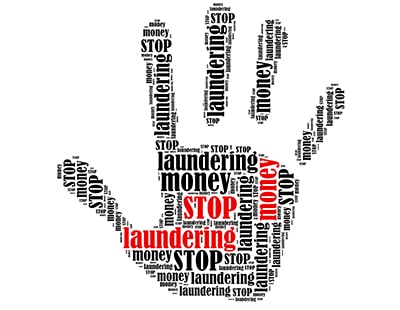This encourages property chain professionals to do what it says on the tin; if you think dirty money is being used during buying and selling, take action and ‘Flag It Up’ to the authorities.
A robust reporting system known as Suspicious Activity Reports (SARs) has been put in place to streamline the ‘flagging’ of such suspicions, ensuring information is reported in a proper and timely manner.
According to the National Crime Agency’s (NCA) recent annual SARs report, the system seems to be working. A record number of SARs were completed during the past year, helping stop criminals accessing £131.7 million.
However, the Law Commission has also previously warned that low quality SARs are flooding the system. These reports contain little or no useful intelligence and there’s a risk they’ll waste time that could otherwise be spent tackling money laundering.
Why are low quality SARs being filed?
As the Fifth Money Laundering Directive looms and government pushes harder and louder in its fight against financial crime, estate agents and other professionals can feel the burden of their legal obligations.
There’s a fear of non-compliance and leaving yourself and your estate agency exposed to hefty penalties as well as time-consuming and stressful investigations. This creates a pressure of self-protection and a belief it’s better to file a SAR, rather than not to act at all. This isn’t the case.
Anti-money laundering laws make no excuse for lack of knowledge and won’t look any more favourably on a poor-quality report versus no report being filed whatsoever.
How do I avoid filing a low-quality SAR?
Before estate agents even start filling-in a form, the first step is to create a risk profile for their clients and question how much they actually trust the people they are buying or selling for. This shouldn’t be based on gut instinct.
They need to question their client’s buying and selling history, properly understand their motivations for the current purchase or sale, and whether the property will be the client’s main place of residence or if it is being purchased for other reasons.
As they are documenting this information, the estate agent should consider how easily the client answers questions and how much transparency and proof they are willing to provide. It there are information gaps and inconsistencies, the estate agent cannot be satisfied that their job is done.
They must interrogate gaps by speaking with other parties involved in the transaction, such as accountants and lawyers, to ensure they’re pushing as far as possible to verify the source of funds and prove the legitimacy of the property purchase or sale.
What does a high-quality SAR look like?
A SAR can be completed and submitted to the NCA via its website. When completing this, estate agents should aim to be clear and concise, remembering that the official who will ultimately review the report is not a property professional. Avoid using any industry terminology or acronyms, and fully explain everything.
A good rule of thumb is to assume no knowledge and to consider whether the information you are including poses more questions than it answers. If it does, you need to do more research before submitting your report.
Explicitly state your reasons for suspicions, covering who, what, when, where, why and how. Doing this in a chronological order will make the report easier to read and understand.
If you do complete due diligence, building that risk profile about your client, and there are still gaps and questions unanswered, don’t be afraid to answer ‘unknown’ in the SAR. It is better to do this, rather than leaving parts of the form blank – answering unknown helps speed-up the review process.
Be prepared to include all relevant transactions in the SAR, clearly stating the method of the transaction, and where the funds are coming from and going to. This information will also help to protect you, especially if you file for a DAML (Defence Against Money Laundering).
DAML protects you if you need to undertake activities that may be offences under the Proceeds of Crime Act to avoid tipping off your client.
As a final point, it’s useful to use SAR glossary codes in the report. These can be found on the NCA’s website and their inclusion is considered good practice and will help speed-up the overall analysis and referral of the SAR.
*Mark Halstead is a partner at business and risk intelligence specialists Red Flag Alert


















%20A%20property%20tale%20for%20our%20times.png)







Join the conversation
Be the first to comment (please use the comment box below)
Please login to comment